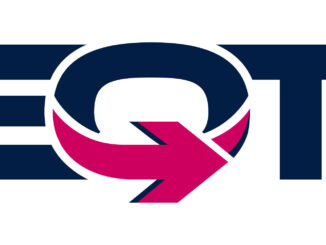
Rice, speaking in an interview with the Financial Times, emphasized the growing threats posed by protracted approval processes. “The threat of not getting infrastructure built has only gotten larger — not only from bad actors getting rich by selling energy that could be replaced with American energy — it’s also the threat of China winning the AI race,” he stated.
As the largest natural gas producer in the U.S., EQT is at the forefront of advocating for policies that enable faster development to meet surging domestic and international demand.
Charles Hua, executive director of PowerLines, described the situation as a “deer-in-headlights dynamic,” noting that many states lack a clear strategy for balancing this demand with affordability for consumers.
A key pain point highlighted by Rice is the current judicial review system, which allows opponents to challenge project approvals for up to six years after initial permissions are granted. This extended window has become a significant hurdle for the industry, delaying critical infrastructure and inflating costs.
Rice also critiqued past energy policies, arguing that the focus on phasing out coal, decommissioning nuclear plants, and complicating natural gas builds—coupled with subsidies for wind and solar—has led to higher prices and grid reliability issues. “When we spent the last 10 years ripping out coal, shutting down nuclear and making it more challenging to get natural gas infrastructure built, nobody should be questioning why prices are up and grid reliability is a major concern,” he remarked.
Streamlining approvals could have far-reaching implications for the natural gas sector. By accelerating project timelines, the U.S. could enhance its energy exports, reduce dependence on imports from adversarial nations, and support the tech industry’s power needs. This is particularly crucial as AI continues to drive innovation and economic growth, where reliable and affordable energy will be a deciding factor in international competition.
EQT’s advocacy reflects a broader industry sentiment that regulatory reforms are essential to unlocking America’s vast natural gas resources. As policymakers in Washington deliberate on energy legislation, Rice’s message underscores the urgency of adapting to a rapidly evolving global landscape. Energy News Beat will continue to monitor developments in this critical area of U.S. energy policy.





